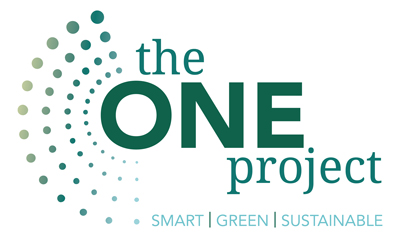When it comes to its growth rate, video conference company Zoom has lived up to its name.
Use of the firm’s software jumped 30-fold in April, as the coronavirus pandemic forced millions to work, learn and socialise remotely.
At its peak, the firm counted more than 300 million daily participants in virtual meetings, while paying customers have more than tripled.
The dramatic uptake has the potential to change the firm’s path.
Zoom said it expects sales as high as $1.8bn (£1.4bn) this year – roughly double what it forecast in March.
When the lockdowns started, Zoom lifted the limits for the free version of its software in China and for educators in many countries, including the UK, helping to drive its popularity.
However, the massive uptake has also strained the firm, forcing it to invest to expand capacity to meet the needs of new users, many of whom are not paying customers. Its reputation also took a hit, as the new attention prompted hackers to hijack meetings and exposed a host of security flaws, revealing that the firm had sent user data to Facebook, had wrongly claimed the app had end-to-end encryption, and was allowing meeting hosts to track attendees
Nevertheless, Ryan Koontz, managing director at Rosenblatt Securities believes “They were on a very strong trajectory before… and happened to be in the right place at the right time as the whole world decided we needed to communicate well on video,” he says. “They have this amazing brand… now they have to leverage that brand and figure out which markets they’re going to go after.”
For more information on the rise of Zoom and the need for virtual collaboration, follow the link below:





